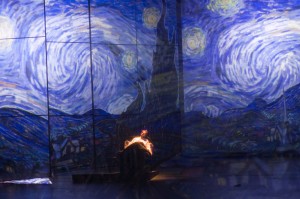
Composer Jeffrey Mumford remembers the recently departed Pauline Oliveros in the following obituary.
I had the honor of being a TA for Pauline Oliveros during my graduate studies at the University of California, San Diego from 1979-81.
Our worlds couldn’t have been more different.
I was deeply discovering the endless inventiveness and poetry in the music of Elliott Carter, with whom I would soon study, and was also working with Bernard Rands as my major teacher at UCSD.
A composer of color, I came from Washington, D.C. steeped in the music of among others, Count Basie, which resonated throughout our house in my youth.
I also loved (and still do) Brahms for many reasons, not the least of which is his sense of expansiveness and sweep, yet without one wasted note. He along with Schumann make me feel at home.
I had heard of Pauline and a bit about her early experimental work, before I came to UCSD.
What I found I got there and started working with her, was another kind of inventiveness in her approach to her work and most important for me, the permission to be myself, whatever that was and whatever that would be.
I was also impressed with her centeredness and sense of humor, an enduring whimsy not often found in our business.
She was at home with herself.
She left me alone to discover aspects of group improvisation and to impart what I was discovering to the students with whom I worked, and of course to deeply hear sound and its implications on its own terms.
Her’s was a quiet yet strong voice, who was the embodiment of integrity, holding true to her convictions, but always open.
She was always there, offering strength of creative purpose. She will be missed.
